If it takes a village to raise a child, a global community is necessary to raise its teachers.
To that end, twenty passionate educators came together last month at a conference in Plano, Texas. Hosted by Rivkie Block, Chabad’s representative here, together with Chabad’s Early Childhood Education Network (CECE), the conference united directors for workshops, classroom tours, and networking. The retreat’s highlight, a talk by noted preschool educator Teacher Tom was co-sponsored by the Dallas Jewish Federation and attended by hundreds of local instructors.
“It’s not enough for a preschool to be Jewish,” explains Devora Krasnianski, “it has to be the best preschool available.” Krasnianski directs CECE which, since its 2007 inception, has provided the resources to run successful schools. The initiative was established by Dr. Joseph and Mrs. Elizabeth Walder, fervent supporters of Jewish education
From her perch at the educational arm of the Shluchim Office, where, she jokes, she “vicariously directs schools across the country,” Krasnianski researches and compiles best education practices to disseminate to her 60 member directors. Through articles, webinars, and conferences, the CECE helps Chabad representatives in the planning stages of a new preschool all the way to experienced directors.
This conference, says Krasnianski, brought together directors of mid-size schools who related to each other’s weaknesses and strengths. “Our small group allows people to open up about their different challenges and accept assistance from others. Here, everyone was a giver and a receiver.”
Teacher Tom, a progressive preschool teacher in Seattle, spoke about practical ways to unfetter children. One message that resonated with directors was his belief that teachers should not occupy excessive space in the classroom, shares Block. “Don’t ask too many questions, don’t be the center of the class,” she explains. “Simply be the children’s guide.” After the public session, local and national directors gathered for a focused group with Teacher Tom allowing “for meaningful, personal interactions” between educators.
Leah Lang began her preschool in Camarillo, California 15 years ago when her oldest daughter was two. Initially, she billed herself as a Montessori institution, until she recognized that those philosophies don’t always jive with the Chabad approach. “In a strict Montessori school for example, students eat whenever they wish. There are no set mealtimes or snack,” explains Lang. “But I realized that there is something to be said for having a routine, for sitting together in a group and eating, for a child to learn he is not the only one in the world.
“CECE keeps me updated on best practices and current research in the early education world. If these philosophies are in line with Chabad, we run with it. If not, we pass. Chabad Rebbes wrote extensively about respecting children and a belief in their infinite potential. So, yes, you’ll find a lot of Reggio and Montessori practices here, but at our core, we are a high quality early education center true to Chabad philosophy.”
Throughout the two-day conference, says Lang, she lapped up the camaraderie and lessons from her mentors and colleagues. For her, Teacher Tom’s metaphor of a gardener and carpenter struck a chord. “With our students and our own children, we must be a gardener, in a supportive, nurturing role, not a carpenter who turns out identical, specific products. We don’t have a standardized, rigid curriculum because how can that work for people who are not standardized?” she asks rhetorically. “We don’t need a world of all Ivy league students.”
Block’s own school Gan Gani, open for only six years, has 52 little students and a waiting list. At the end of the day, she believes, education is less about different philosophies and more about the needs of the individual child. Her preschool follows the manner in which she wants her own children to be treated. “As a parent, I want to know, do they appreciate my child for who she is and not only what she can produce? Do they recognize and celebrate her unique qualities?
“If you’re there for the individual child, and respect him, that’s true Jewish education.”
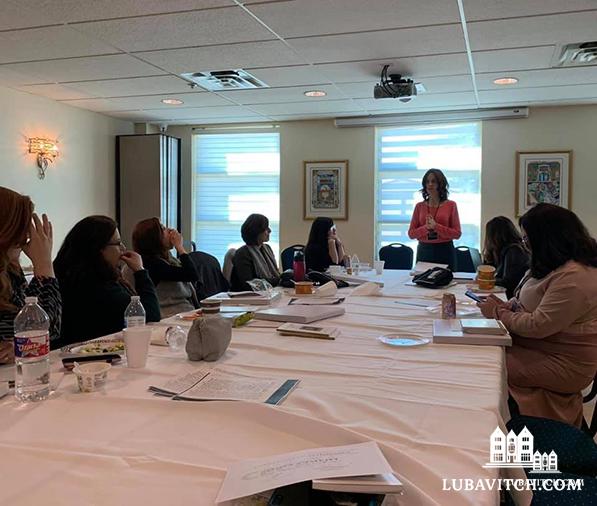
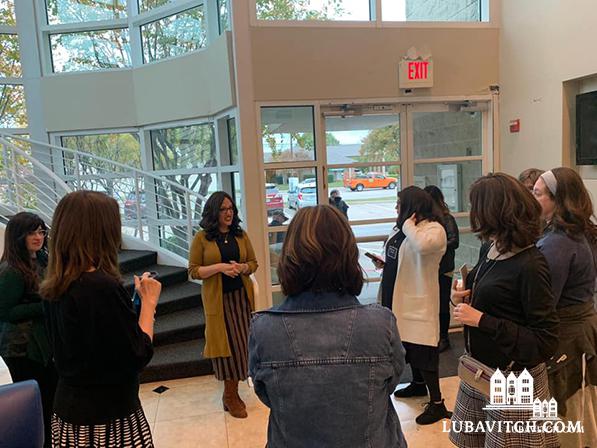
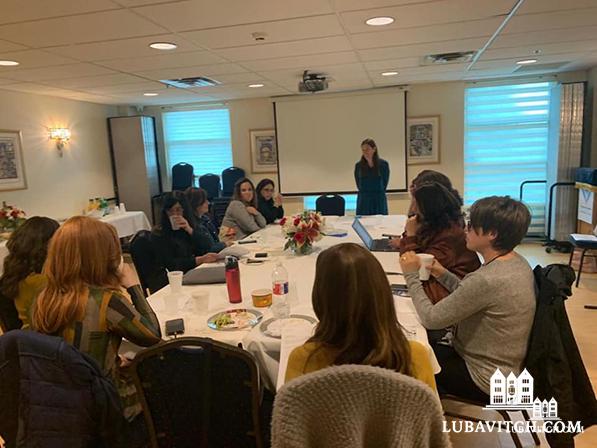
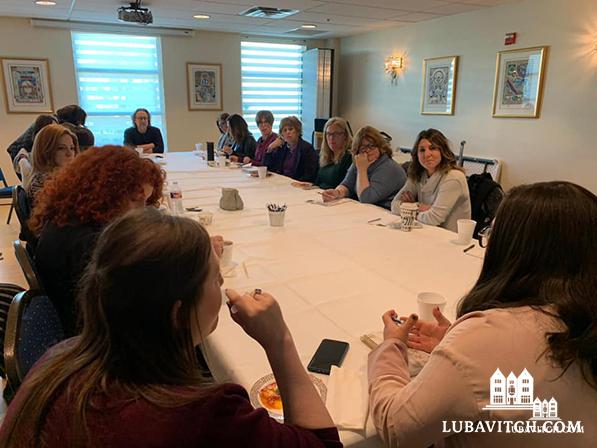
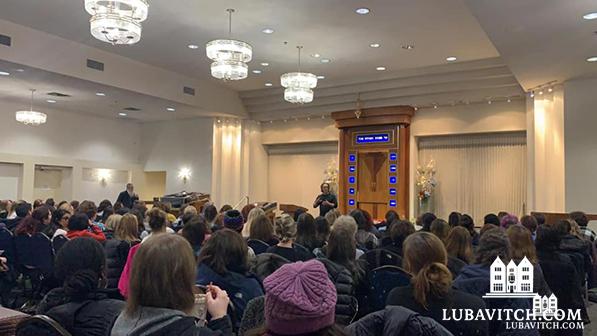
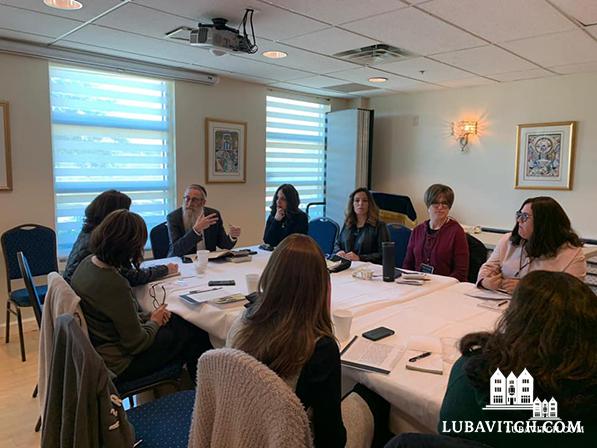
Be the first to write a comment.